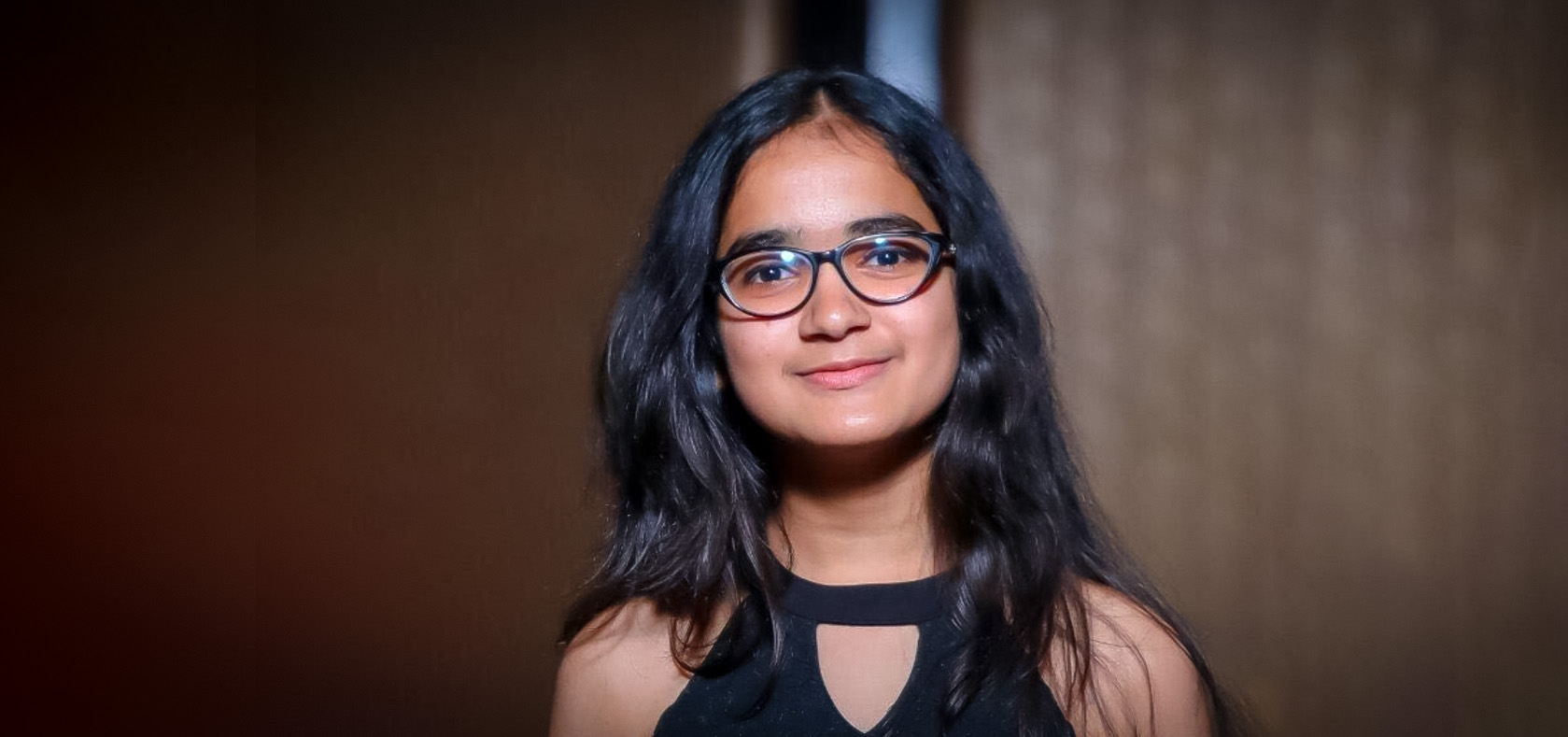From Where I Stand: “Seventeen is too late for children to learn what sexual assault is”
UN Women speaks to Kalpa Garg, feminist youth leader from India, about the importance of menstrual hygiene and sexual health awareness among adolescents. On International Day of the Girl Child, girls everywhere are rising to claim their rights, under the global theme, Digital Generation. Our Generation. To learn, grow, access skills and opportunities, girls must also have access to safe and equal spaces and comprehensive reproductive and sexual health.Date:

![]()
Comprehensible sexual education is a necessary part of our school education and experience. When I was in the eighth grade, our biology textbook had a chapter about reproductive health. We were in our adolescence, already experiencing changes in our bodies, and had many questions. But the teachers skimmed through important topics like menstruation and sexual hygiene. The discussions were uncomfortable and left us confused.
I started a “Gender Sensitivity” club for students in my school. It was an inclusive space for boys and girls, to have open and safe discussion on gender, sexual health and hygiene, and adolescent mental health issues. With the support of our principal, we got the resources we needed. We had sessions with gynecologists, psychologists and counsellors. For many girls, it was the first time that they learned about menstrual hygiene and what to expect when they started their period.
Three years later, I recently attended a mandatory gender sensitivity training. Most of the students in the classroom hadn’t ever spoken about their lives and bodies like this before. When discussing sexual assault and violence, many students were shocked to realize that they may have been victims or perpetrators.
Seventeen is too late for children to learn what sexual assault is. The education system, schools, parents, and students must build safe environments to learn about sexual health at the onset of adolescence. Schools need to train teachers so that they can provide students the support and information they need, without stigma.
We cannot keep waiting for policies to change. As we wait for those changes to happen, exploitation and harassment continue to stifle our lives. We, as young people, need to take charge to change this narrative. Every single one of us needs to be a gender rights activist.”
At 17 years, Kalpa Garg is a passionate young feminist from Punjab, India. As a “Women Deliver Young Leader” she spoke at the Generation Equality Forum in Mexico in 2020 and co-designed a side event at the Generation Equality Forum in Paris in 2021. She advocates for menstrual hygiene awareness, adolescent mental health and body positivity. Garg spoke to UN Women ahead of this year’s International Day of the Girl Child (11 October).